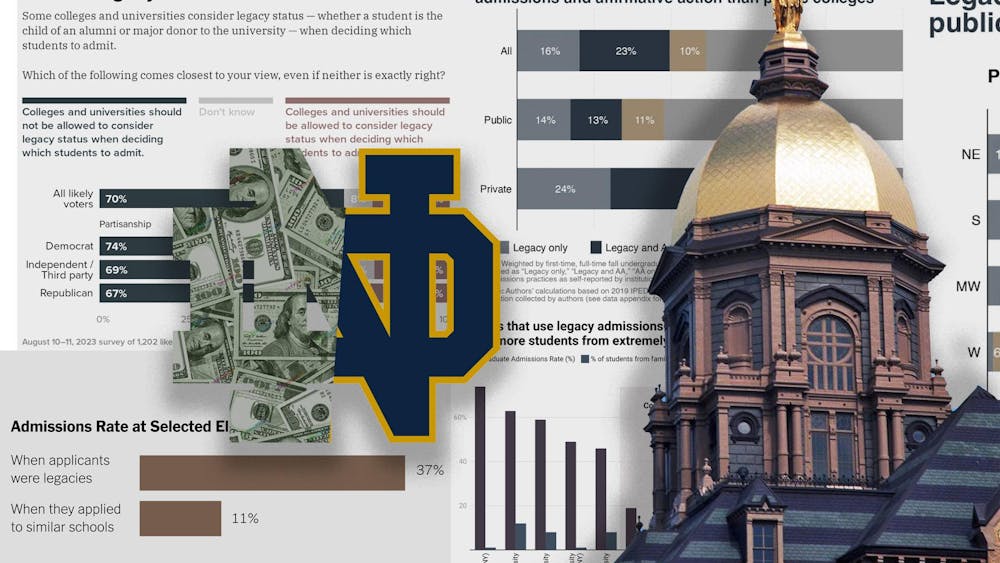Palestinians appear nowhere in the “working definition” of the International Holocaust Remembrance Alliance (IHRA). This is the main problem with this definition, which Blake Ziegler marshalled, in his recentpiecefor The Observer. There, Mr. Ziegler defends the equation of anti-Zionism with antisemitism. Parenthetically, according to a reportfrom Oxford University, Mr. Ziegler is not alone in misrepresenting 11 controversial illustrations of antisemitism (seven of which center Israel) as a part of the 2016 ratified IHRA’s definition of antisemitism. One of these controversial IHRA’s illustrations reads that antisemitism amounts to “[d]enying the Jewish people their right to self-determination, e.g., by claiming that the existence of a State of Israel is a racist endeavor.” If this illustration appears to you as self-evidently antisemitic, you need to check your ethical blinders. What this illustration does not mention is that the fulfillment of the “right to self-determination” for Jews entailed the ethnic cleansing of the Palestinians. This is not “an opinion” but a historical fact established by Israeliand Palestinian historians as well as, of course, by the intergenerational memories of the people who resist amnesia in refugee camps and the diasporas. Indeed, the real story is who is omitted from IHRA and why and whose agenda does it serve?Even as their displacement is a major part of the story of Jewish self-determination, Palestinians are omitted from IHRA. This is as if the fulfillment of Jewish self-determination happened in an empty land and as if it did not require the operative logic of settler colonialism. Palestine, or the territory where Jewish self-determination happened, was never empty. There were people there in Palestine and the nature of the “contact,” as many students of settler colonialisms know, depended on the erasure and replacement of the natives. The ability of Jews to “return” to Zion in historical, rather than messianic, time required the mechanisms of settler colonialism.Hence, identifying as “antisemitic” a rejection of an abstract “right for self-determination” in reality denies the very humanity of Palestinians, their history in the land and their political rights and aspirations. This illustration of antisemitism abstracts from the concrete history of displacements and massacres. The Nakba, or what Palestinians call the “Palestinian catastrophe” of 1948, culminated decades going back to the transition from the Ottoman period to the British Mandate and the granting of Palestine to the Jews by a British lord named Balfour — as if Palestine was his to give.Therefore, highlighting a rejection of a Jewish right for self-determination as antisemitic by definition erases the ability of a Palestinian victim of the Nakba (not only as one event in time but also as ongoingrealities of dispossession) to literally exist. This is not a matter of “free speech” (although in the United States it is often litigated as Title VI) but a zero-sum approach to history that offers no alternative outlets. Notably, some scholars offer conceptual resources for resisting letting the one catastrophe of the Shoah to cancel the other one of the Nakba. Centuries of anti-Jewish pogroms and blood libels in Christian Europe cannot justify the disregard to Palestinian lives. Palestinian lives matter too, not only Jewish lives. To suggest otherwise exceptionalizes antisemitism, thereby serving a Jewish-supremacist ideology that countless Jews and Israelis (like me) reject. Indeed, an important Jewish Israeli human rights organization, B’Tselem, recently produced an evidence-based reportdescribing, as many Palestinians have done for years, the entire regime from the Jordan River to the Mediterranean Sea as a form of apartheid, operating according to a Jewish supremacist framework. This ethnoreligious supremacist logic manifests in the passing of the Jewish nation-state bill, demolitionorders of Palestinian homes inside and outside the Green Line and continuous settlement constructiondespite “peace” rhetoric. It also manifests in the ever-entrenched occupation infrastructure of bureaucratic torture, systems of permits, checkpoints, blockades, surveillance, walls, administrative detentions and the occasional “mowing of the lawn” in Gaza, to name just a few manifestations, always justified through appeals to Jewish “security.” Such are the actual realities of Jewish “self-determination” on the ground. The concept of Jewish supremacy immediately would suggest, absurdly, that B’Tselem, too, might be flirting with antisemitism. I read it differently: The recent Human Right Watch’s report deploys the apartheid label — a recognized category in international law — to describe the regime. B’Tselem does the same, refusing the ideological erasures built into the IHRA’s illustration I unpacked above.I am a Jewish Israeli who is a scholar specializing in questions pertaining to religion, violence and peace as well as horizons of justice in Palestine/Israel. I also carry with me the intergenerational scars of the Holocaust. Sadly, I need to establish this “resume” before daring to offer a critique of Israeli policies. Mr. Ziegler anticipates this point by underscoring that it is okay to criticize Israeli policies. This semantic maneuver into the realm of “speech” does not respond to the physical erasure of Palestinian humanity the IHRA entails. The very abstraction of a Jewish right for self-determination erases the history of how Jewish self-determination came into being concretely on the backs of Palestinians who did not engineer the gas chambers of the Nazi death camps. As I think of my relatives, whom I never met, and who went up in smoke through the chimneys of death camps, I reject the weaponization of antisemitism that instrumentalizes their deaths. Mr. Ziegler is correct that antisemitism is real and alive, even at Notre Dame. However, his reliance on IHRA’s “working definition” is myopic. Fortunately, there are alternatives. One such alternative is the recent Jerusalem Declaration on Antisemitism (JDA). Endorsed by scholars of antisemitism, Jewish studies, Holocaust studies and Middle East studies as well as other Jewish and Israeli public intellectuals from across a political and religious spectrum, the JDA challenges the politicization of antisemitism by rearticulating what is and is not antisemitism. The Declaration punctures the zero-sum implications of the IHRA’s logic, which animates Ziegler’s argument. For example, the JDA contextualizes the language about a denial of Jewish human flourishing by focusing on Israeli Jews and their right to live as Jews in the land, a right grounded in the principle of equality, not ethnocracyor apartheid. Likewise, the JDA underscores that “evidence-based criticism of Israel as a state” — not people — is not antisemitism. Accordingly, “it is not antisemitic, in and of itself, to compare Israel with other historical cases, including settler-colonialism or apartheid.” Similarly, the long-established nonviolent tactics of the Boycott, Divestment, Sanctions (BDS) movement are not, prima facie, antisemitic. Therefore, the student senate at Notre Dame needs to consider the JDA as an alternative to IHRA. The JDA de-exceptionalizes antisemitism by linking it to a broader anti-racist stance. To take a stance against antisemitism is to be anti-racist across the board. This means we cannot value one category of humans over others. The JDA offers an alternative that at the very least, even if not perfectly, brings into visibility the humanity and worth of Palestinian lives, not only Jewish. If the University of Notre Dame is to truly live out its mission to heal the world, then it needs to reject valuing Jewish life over Palestinian life.
Atalia Omer
professor of religion, conflict and peace studies
May 6









